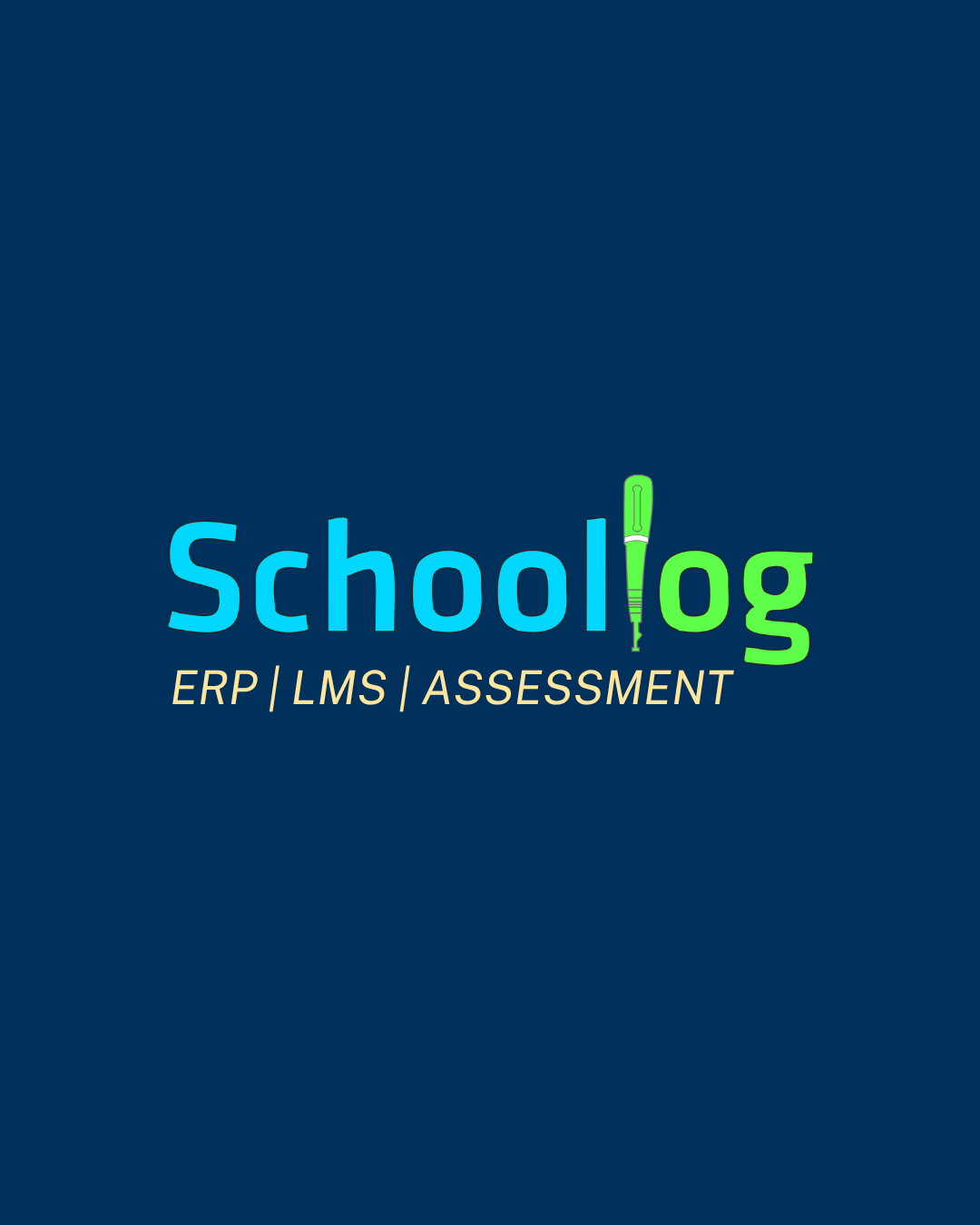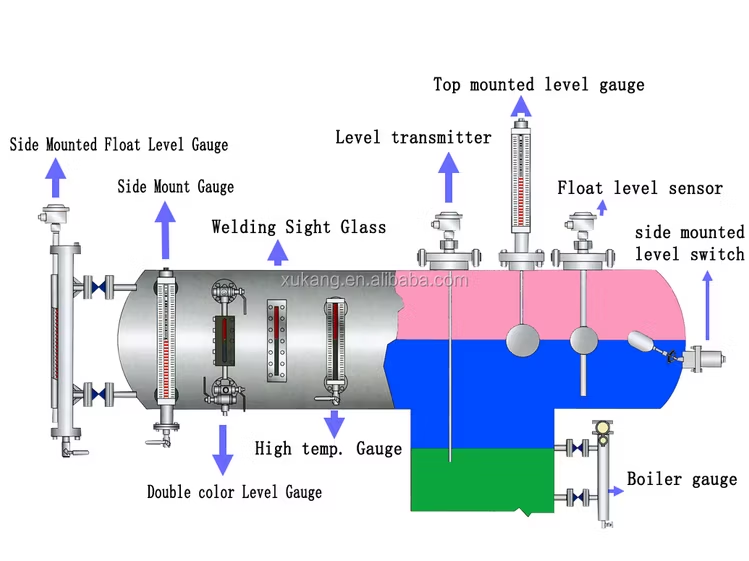Managing a school efficiently requires balancing academics, administration, communication, and finances — all at once. This is where a school management system or school ERP comes into play. In India, thousands of institutions are embracing digital transformation through advanced ERP software like Schoollog, which simplifies operations and enhances productivity. Whether it’s tracking attendance, generating reports, or facilitating parent-teacher communication, ERP solutions are revolutionizing the way schools operate.
Below are the top 10 benefits of implementing a School ERP System in Indian educational institutions.
1. Streamlined Administration and Operations
A School ERP system centralizes all administrative tasks, eliminating redundant manual processes. From admissions to timetable management and staff payroll, everything can be handled digitally.
For instance, schools that use ERP software reduce paperwork by up to 70%, saving time and resources that can be better invested in improving the learning environment.
2. Enhanced Communication Between Stakeholders
One of the biggest challenges in traditional schools is maintaining effective communication between teachers, parents, and administrators. A school ERP bridges this gap by offering instant messaging, notifications, and progress updates.
Parents can monitor their child’s performance, attendance, and homework, fostering stronger engagement and trust in the institution.
3. Real-Time Data and Analytics
Data-driven decision-making is no longer limited to corporations. Modern school ERP platforms offer dashboards and analytics that provide insights into student performance, teacher productivity, and financial management.
For example, administrators can identify attendance trends or detect areas where students are struggling, allowing for timely interventions.
4. Improved Fee Management and Accounting
Handling school finances manually often leads to errors and inefficiencies. A reliable ERP system automates the entire fee management process — from invoice generation to payment tracking.
Parents can make online payments securely, while schools get transparent records that simplify auditing and compliance. This not only improves financial control but also ensures transparency and accountability.
5. Efficient Attendance and Timetable Management
With features like biometric or RFID-based attendance tracking, a school ERP ensures accuracy and prevents manipulation. Teachers save time that would otherwise be spent marking registers manually.
Additionally, timetable modules automatically allocate subjects and classrooms based on availability, optimizing teacher workloads and preventing scheduling conflicts.
6. Eco-Friendly and Paperless Operations
In today’s sustainability-conscious world, reducing paper usage is a priority. A School ERP helps schools go green by digitizing reports, records, and communications.
Not only does this lower operational costs, but it also supports India’s broader digital transformation goals under initiatives like Digital India.
7. Enhanced Security and Data Privacy
Protecting student data is paramount. Leading ERP providers integrate robust cybersecurity measures, including encrypted logins and role-based access.
This ensures that sensitive information—such as student records, financial data, and staff details—remains secure from unauthorized access or breaches.
8. Customization and Scalability
Every school has unique needs, and a good ERP system adapts to them. Institutions can customize modules to fit their operations, whether it’s adding new branches, integrating LMS tools, or linking library management systems.
Moreover, scalability ensures that as a school grows, its ERP can easily expand to accommodate more users and functionalities without disruptions.
9. Better Academic Performance Monitoring
Teachers can easily upload assignments, record grades, and generate performance reports through ERP portals. Parents can access these details in real time, promoting transparency.
By identifying weak areas early, educators can provide personalized support — ultimately improving academic outcomes across the school.
10. The Role of School in Modern Education
Among the various ERP platforms in India, Schoollog stands out for its user-friendly interface and comprehensive features.
Schoollog’s all-in-one school ERP solution helps institutions manage attendance, communication, exams, transport, and fee collection seamlessly. It also offers mobile apps for parents and teachers, ensuring accessibility anytime, anywhere.
What sets Schoollog apart is its focus on real-time analytics and cloud integration, making it a preferred choice for progressive schools looking to modernize their operations.
Conclusion
The adoption of a school ERP system in India is no longer an optional upgrade—it’s a strategic necessity for institutions aiming to remain efficient, transparent, and future-ready. As schools grow in size and complexity, manual administrative methods struggle to keep up with the pace of modern education. Digital transformation, led by ERP solutions, provides schools with the foundation to streamline their processes and deliver better educational outcomes.
A Step Toward Smarter Education
At its core, a school management system serves as the digital backbone of an institution. It interconnects departments, simplifies communication, and automates repetitive tasks that once consumed hours of administrative effort. This shift from manual to digital not only saves time but also enhances accuracy and accountability. Teachers can focus more on lesson planning and student engagement instead of paperwork, while administrators can make informed decisions backed by data.
In a country as diverse as India, where schools vary dramatically in size, language, and infrastructure, ERP systems offer a unified framework adaptable to different needs. Whether it’s a small private school in a rural area or a large urban institution with thousands of students, ERP solutions like Schoollog enable consistent efficiency through scalable technology.
Empowering Teachers and Students
An often-overlooked benefit of implementing an ERP platform is its positive impact on teachers and students. Teachers gain access to easy-to-use tools for attendance, grading, and academic reporting. They can track student progress over time, identify learning gaps, and collaborate with parents to create tailored learning plans. Students, on the other hand, benefit from a more organized and responsive learning environment. Assignments, exam schedules, and feedback become easily accessible through digital dashboards or mobile apps, helping students stay informed and motivated.
Building Stronger Parent-School Relationships
Communication has always been a challenge in the traditional education setup. Parents often rely on occasional meetings or printed report cards to understand their child’s progress. With ERP software, that dynamic changes completely. Real-time updates allow parents to track attendance, grades, fee payments, and school events without delay. This transparency builds trust and ensures parents are active participants in their child’s education journey.
Driving Administrative Excellence
From an administrative perspective, the advantages of ERP systems go beyond convenience—they redefine operational excellence. Modules for fee collection, payroll management, library management, transportation tracking, and inventory control reduce the risk of errors and fraud. Automation ensures that records are always accurate, accessible, and securely stored. Financial transparency, compliance readiness, and real-time analytics make management decisions more reliable and data-backed.
The Role of Technology Partners like Schoollog
Among the growing list of ERP providers in India, Schoollog has emerged as a trusted partner for schools seeking innovation with simplicity. Its cloud-based architecture ensures data security and easy access from anywhere, while its mobile integration bridges communication gaps between all stakeholders. By combining usability with robust performance, Schoollog exemplifies how technology can empower education rather than complicate it.
Furthermore, Schoollog’s customization options allow institutions to choose modules that fit their unique requirements. Whether it’s academic planning, student management, or transport monitoring, schools can configure the system to align perfectly with their daily operations.
Future of ERP in Indian Education
The future of education in India is undeniably digital. Government initiatives promoting digital learning, combined with the growing expectations of tech-savvy parents, are accelerating the demand for school ERP systems. With artificial intelligence (AI), machine learning, and cloud computing continuing to evolve, ERP platforms will soon offer predictive analytics, intelligent alerts, and personalized insights for educators.




Leave a Reply